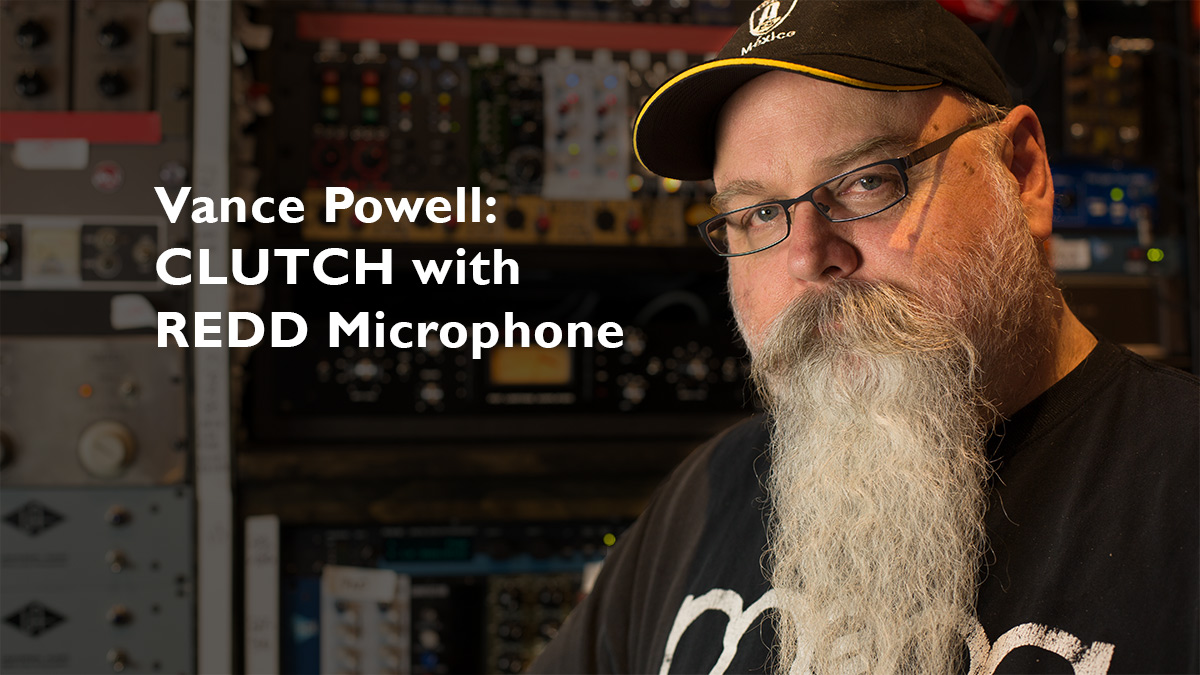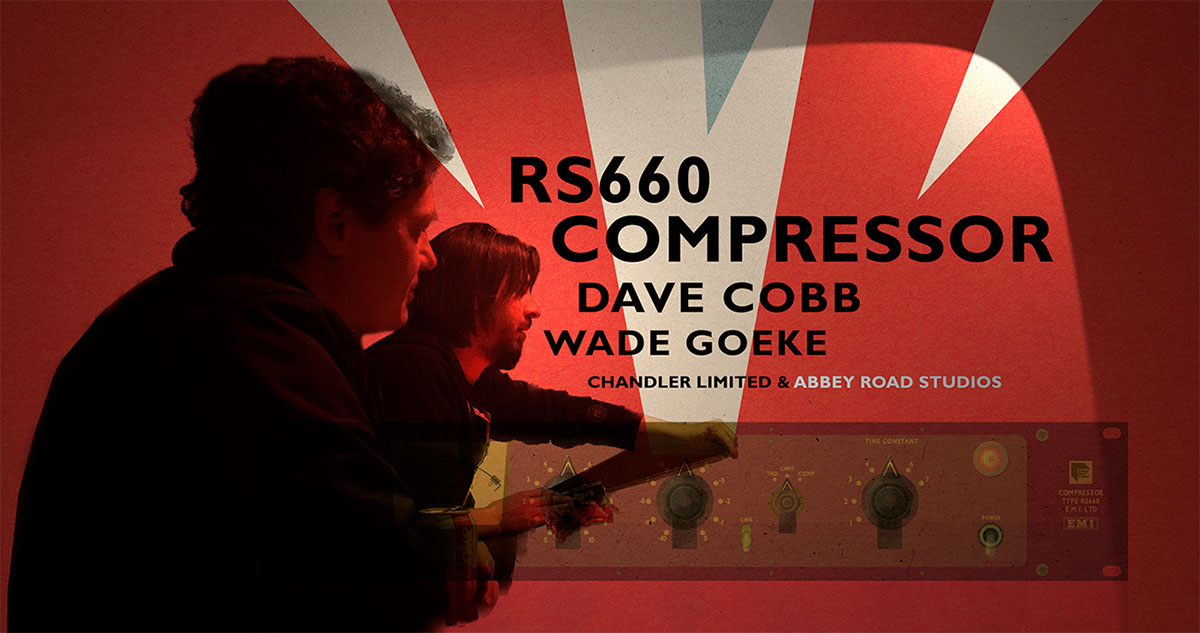Chandler Limited Germanium Pre Amp/DI: Getting into the thick of it
by: Jay Matheson
EQ – January, 2007
Chandler’s new Germanium is truly a completely different mic pre. Though boasting an effective front panel (1/4” unbalanced DI jack, rotary Germanium Drive input gain knob, Pad, Thick switch for low frequency rise, Feedback rotary knob, and a VU range switch with an accompanying meter), it’s the guts that are really impressive. Using classic transistors in all class A, transformer balanced circuits, the Germanium has a classic sound, but with a few forward-thinking features. Altering the Germanium Drive and Feedback controls produces results that drastically change the preamp’s character – with Feedback in particular affecting aggression and “size.” But the Thick option is perhaps the most addictive; it significantly smoothes out the lows, enriches the signal, and improves the sonic balance.
Applying the Germanium
I first used the Germanium on a hip-hop vocalist with a bright voice, and who usually needs a little help to get a bigger, meatier sound. His default signal path is an AKG 414 into a Daking 52270H for the Germanium; sure enough, engaging the Thick switch made the lows bigger and “creamier,” while turning up the Feedback above 5 made the vocals more thick and aggressive. Overall, the vocal took up more space in the mix, making the vocalist sound “tougher.” It even sounds like the track was cut to 2” tape, not my HD2 Accel rig. The Germanium adds so much color that a vocalist later cut with a “darker” voice needed some extra highs during the mix to keep his voice afloat. But, when I needed a cleaner sound later on, disengaging the Thick switch and being a bit more conservative with the Feedback control gave a “truer” sound – so no worries. Next up was acoustic guitar (’87 Martin Shenandoah), miked with a Neumann U87. I tested the Germanium by printing tracks using several different settings, then comparing the results. On the first track, I set the input at 10, Feedback at 1.5, and kept the Pad and the Thick switches off. This produced a well-balanced sound, save the lows were not rich enough and the attack was a bit stiff. Turning on Thick added a significant low/low-mid boost – but with no noticeable low end peaks. The sound’s overall character changed so dramatically that you could have sworn the mic, or even the guitar, had been swapped out. I preferred the guitar with Thick on, so I engaged the pad to test the unit at higher Feedback levels. Setting the input to 8 and Feedback to 9 produced a more aggressive sound, with the overall balance and mid-range detail besting the previous settings. Furthermore, the pick attack sounded smoother; generally, the guitar sounded as if it had been lifted from a great 70s LP. Finally, I checked out a ’71 Fender P-Bass sent direct through the Germanium’s front panel. Usually I would go into a Chameleon 7602, which has great lows and mids, but as I needed that extra low thud I used the Germanium’s Thick switch. The mids weren’t as pronounced, but the extra low boost made the Germanium the correct choice; checking with an analyzer, I noticed the low end response was flat down to 20Hz. The Germanium produced the biggest low end that I’ve ever heard in a direct bass, while still sounding balanced and solid.
Conclusions
The Germanium dispels the myth that solid-state pres can’t offer the same kind of thickness as tube preamps. I could get some serious girth out of the signals, and manipulate them in ways different from merely increasing the gain. Some of the tracks had a sound that hearkened back to the Stones or Pink Floyd – no tape emulation needed. This alone made the Germanium a permanent addition to my studio. But, as much as I love this box, it’s not perfect. A helicopter-like oscillation appeared in some instances when the feedback was set near maximum, and the Germanium seemed to increase background room noise when used on quiet sources. Neither of these issues seriously hindered me, however, and I would still recommend the Germanium to nearly anyone.
—Jay Matheson






